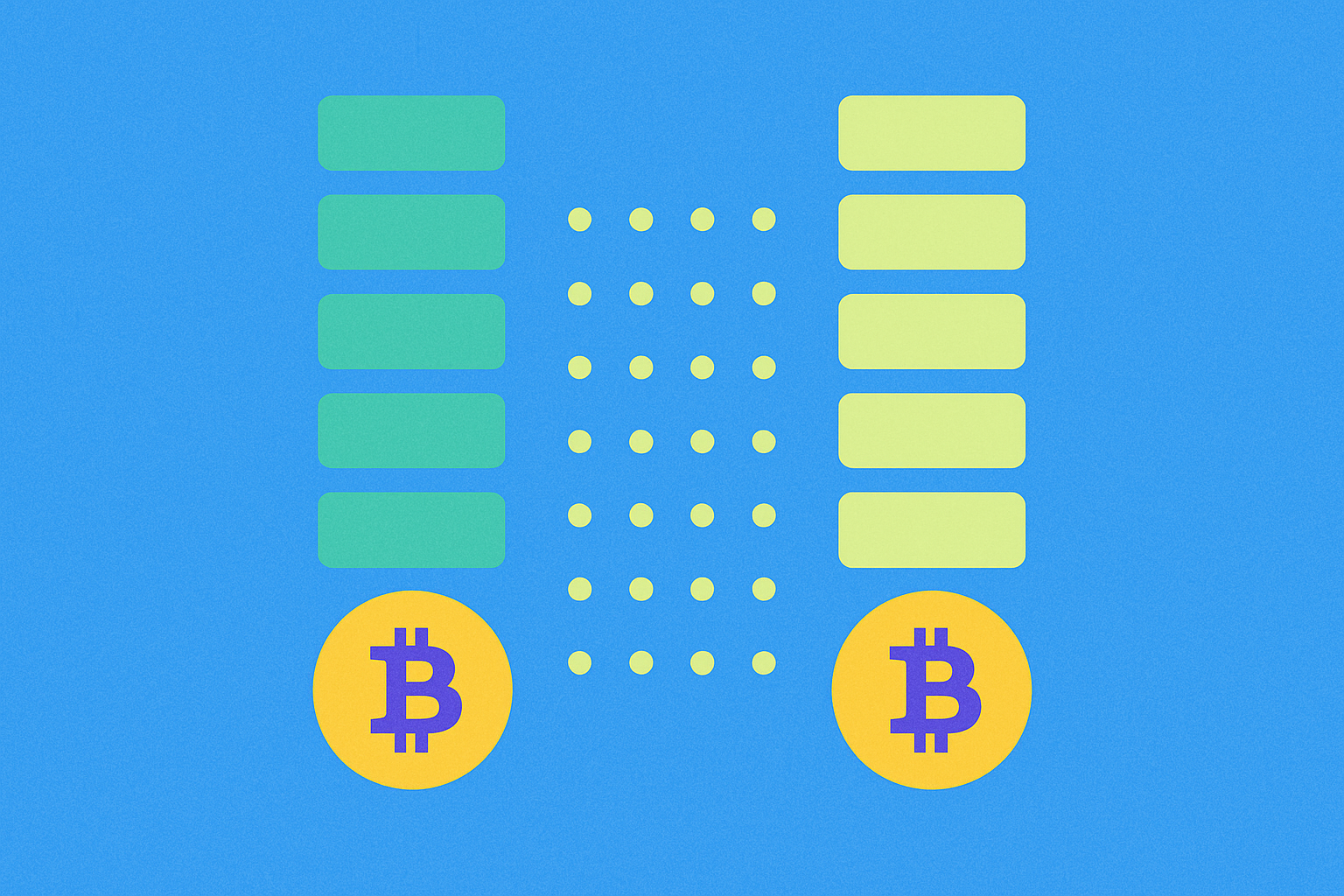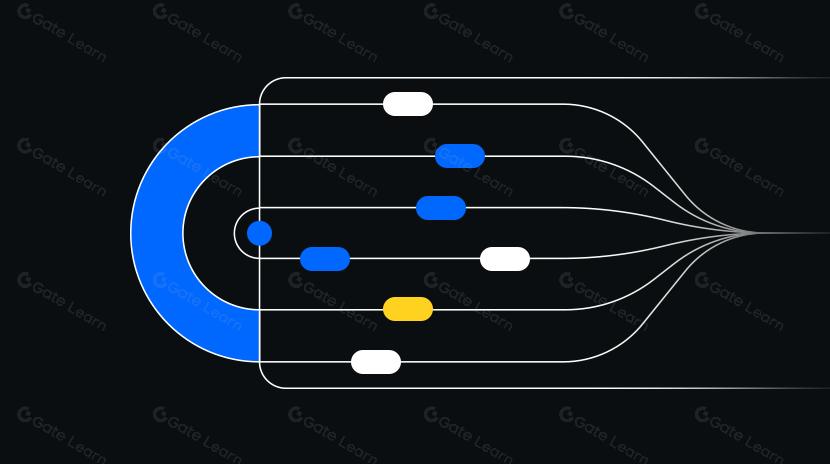bid the price

Bidding is a fundamental concept in cryptocurrency trading, referring to the price a trader is willing to pay for a specific crypto asset. In order book trading, a bid represents the highest price a buyer is willing to pay for a digital asset, forming one of the two basic sides of the market alongside the ask price from sellers. The level of bids directly reflects the market demand for an asset and serves as an important indicator of market depth and liquidity. In efficient cryptocurrency exchanges, buy orders automatically match with sell orders, and transactions execute successfully when the bid equals or exceeds the seller's asking price.
Key Features of Bidding
Bidding in cryptocurrency trading encompasses multiple characteristics and functions:
- Market Depth Indicator: Multiple bid levels collectively form the buyer depth, with more buy orders at lower prices indicating greater market depth, demonstrating the market's capacity to absorb selling pressure.
- Immediacy and Volatility: Bids can change in real-time, reflecting immediate market sentiment and supply-demand relationships, especially fluctuating rapidly in highly volatile market environments.
- Transaction Execution Mechanism: Bidding is a core component of Limit Orders, allowing traders to control purchase prices by setting specific bids, providing more precise price control compared to Market Orders.
- Spread Impact: The difference between bid and ask prices is called the spread; smaller spreads indicate better market liquidity and lower transaction costs.
Market Impact of Bidding
As a fundamental market mechanism, bidding profoundly influences the cryptocurrency trading environment:
The concentration of bids reflects the level of market consensus. When numerous buy orders cluster within a specific price range, it indicates strong market agreement on that price level, forming a support level; conversely, dispersed bids suggest a lack of consensus and unclear price direction.
Bidding behavior from large traders (commonly known as "whales") often attracts market attention and may cause other traders to follow suit, thereby creating short-term price trends. Particularly in low-liquidity, small-cap tokens, large bids can significantly drive price increases.
Bid data analysis serves as an important source of market sentiment indicators. By monitoring changes in the ratio of buy to sell orders, distribution of large versus small orders, and other metrics, traders can assess short-term market trends. Some high-frequency trading strategies specifically utilize bid data for lightning-fast trading decisions.
Risks and Challenges of Bidding
While the bidding mechanism forms the foundation of cryptocurrency trading, it comes with various risk factors:
- Market Manipulation Risk: Bad actors may place fake buy orders (known as "spoofing") to create the illusion of market depth, inducing other traders to make incorrect decisions, only to cancel these orders once they achieve their objectives.
- Execution Slippage: During highly volatile periods, even when a bid is accepted, the actual execution price may differ from expectations, particularly pronounced in markets with insufficient liquidity.
- Technical Delays: Network congestion or exchange system overload can delay the transmission and execution of bid information, resulting in lost trading opportunities or price execution discrepancies.
- Regulatory Uncertainty: Different countries maintain varying regulatory attitudes toward cryptocurrency trading mechanisms, potentially affecting the design and operation of bidding systems and increasing compliance costs.
The design and implementation of bidding systems represent a core competitive advantage for cryptocurrency exchanges, with efficient, transparent, and manipulation-resistant bidding mechanisms being crucial for maintaining healthy market operations. With the rise of decentralized exchanges (DEXs), new pricing mechanisms based on automated market makers (AMMs) are also challenging the traditional bidding models found in order books.
Share
Related Articles

Exploring 8 Major DEX Aggregators: Engines Driving Efficiency and Liquidity in the Crypto Market

What Is Copy Trading And How To Use It?
